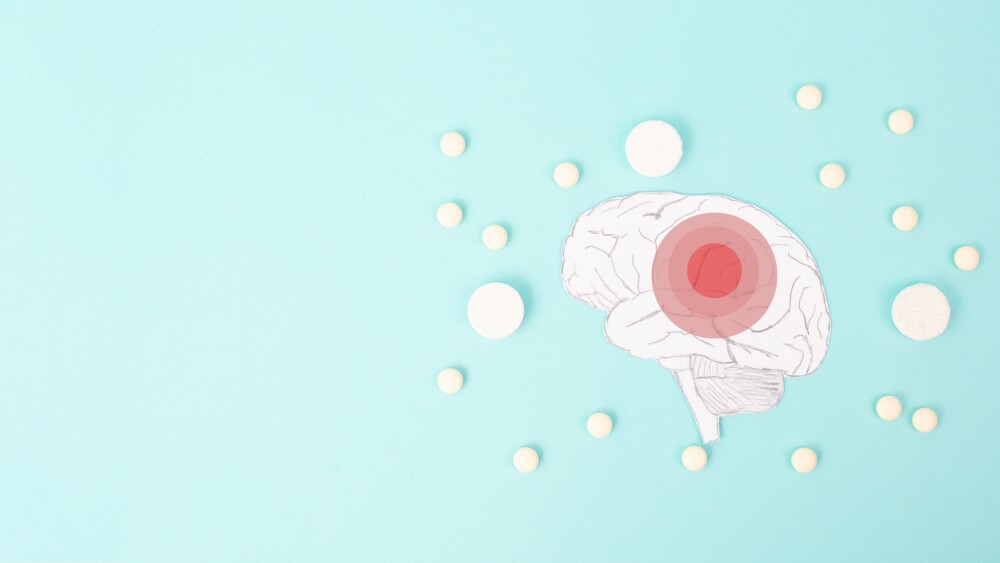THE WOODLANDS, Texas--(BUSINESS WIRE)--Opexa Therapeutics, Inc. (NASDAQ:OPXA), a company dedicated to the development of patient-specific cellular therapies for the treatment of autoimmune diseases such as multiple sclerosis (MS) and diabetes, today announced additional positive data from the company’s Phase IIb TERMS clinical trial (Tovaxin® for Early Relapsing Multiple Sclerosis). The latest analysis focused on a prospective group of patients (n=50) with an annualized relapse rate (ARR) of greater than 1 at study entry which is comparable to ARR baselines of patients in previous Tovaxin studies. These findings demonstrate a statistically significant improvement in disability as measured by the Expanded Disability Status Scale (EDSS) (p=0.045) for patients treated with Tovaxin as compared to those receiving placebo. In this group, 28.1 percent of patients treated with Tovaxin showed an improvement in EDSS as compared to only 5.6 percent in the placebo group. Additionally, there was an 88 percent reduction in the level of brain atrophy and a more than 20 percent reduction in the number of gadolinium (Gd) lesions progressing to black holes in the Tovaxin group, which may suggest a beneficial neuroprotective effect. Overall, the analysis shows that patients treated with Tovaxin demonstrated a benefit across all clinical and magnetic resonance imaging (MRI) endpoints (primary, secondary and tertiary) in this patient population. Immunology data also appears to support Tovaxin’s mechanism of action, indicating that patients with less myelin T-cell reactivity have a lower risk of relapse. Additional quality of life measurements, such as the Timed 25 foot Walk, also showed a benefit for Tovaxin over placebo (0.14 vs. -0.02, as measured by respective Z scores).




